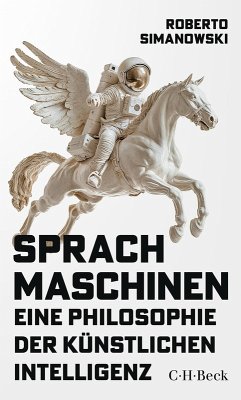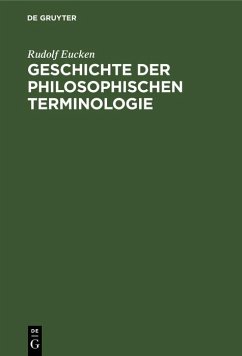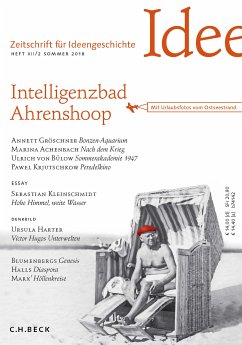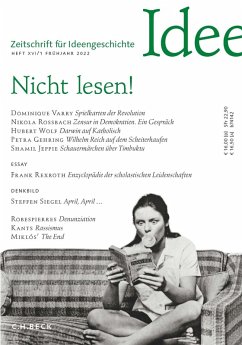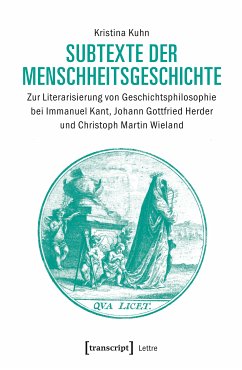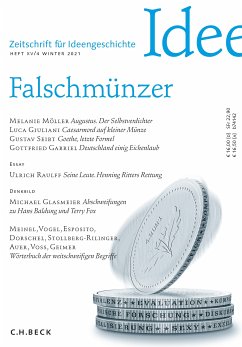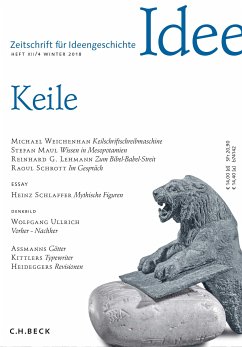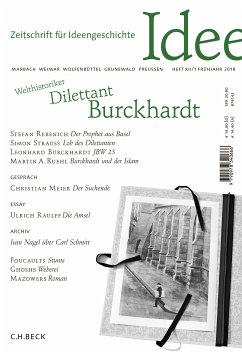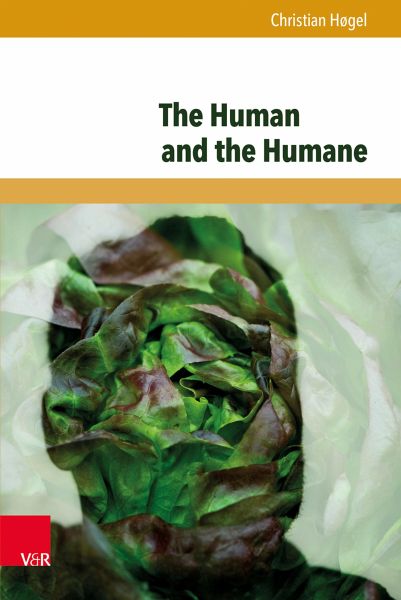
The Human and the Humane (eBook, PDF)
Humanity as Argument from Cicero to Erasmus

PAYBACK Punkte
0 °P sammeln!
In times of conflicts and crises, an argument insisting on the humane is commonly heard. In wars, voices demanding a humane treatment of prisoners - as decreed by the Geneva Convention - will be raised. Opposition to social injustice may be framed in a collected call for a humane society. Even educational systems may insist on having a humane perspective among its leading causes. Words referring to man - humane, but also humanistic, humanitarian, even humanity - thus take on status of ideals for mankind. Man, in common and legal speech, thus becomes the conceptual marker of his own perfection....
In times of conflicts and crises, an argument insisting on the humane is commonly heard. In wars, voices demanding a humane treatment of prisoners - as decreed by the Geneva Convention - will be raised. Opposition to social injustice may be framed in a collected call for a humane society. Even educational systems may insist on having a humane perspective among its leading causes. Words referring to man - humane, but also humanistic, humanitarian, even humanity - thus take on status of ideals for mankind. Man, in common and legal speech, thus becomes the conceptual marker of his own perfection. The subject of this book is the early history of this linguistic feature and in particular its argumentative use, from its starting point till early modern times.
Dieser Download kann aus rechtlichen Gründen nur mit Rechnungsadresse in A, B, BG, CY, CZ, D, DK, EW, E, FIN, F, GR, H, IRL, I, LT, L, LR, M, NL, PL, P, R, S, SLO, SK ausgeliefert werden.




